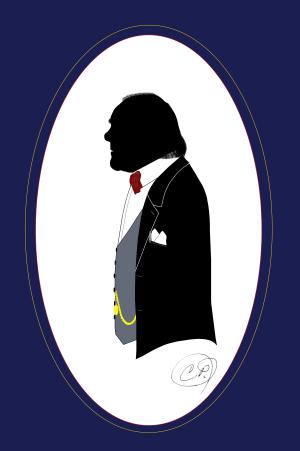Year born: 1946
Research Areas: History of Science, History of Astronomy, Broadcasting
"Historians of astronomy…are… people with a broad and open-minded curiosity about those forces which drove human endeavour in the past."
Source: Society for the History of Astronomy (SHA)

Early Life
Allan was born in Swinton, Lancashire in the north of England. As a child, he was always interested in tinkering and making things. He made his own telescope when he was 11 and used it to look at the Moon. He was from a working-class family and career options were limited. When he left school without qualifications, he was expected to start work in a local factory. Instead, Allan decided to get a job in a local library. He attended night school at the same time and got his school-level qualifications, managing to secure a place to study history at Lancaster University. After that, he went to Oxford University and obtained a PhD in the History of Science.
Career Highlights
Allan's particular interest is in the biographies of physicists and astronomers. In 1994, he delivered the Royal Society’s history of science lecture on Edmund Halley. He has written many books, including biographies of Robert Hooke and Mary Somerville. He has a passion for the relationship between astronomy and religion and has written books on the subject. He has written and presented TV programmes such as Gods in the Sky and Great Scientists.
Legacy
Allan helped to create the Society for the History of Astronomy. In 2015, he was the first historian in 118 years, to be awarded the Jackson-Gwilt medal by the Royal Astronomical Society.
Other Interests
Allan enjoys building things (and breaking them!) and initially set up a business making working replicas of early astronomical instruments.
